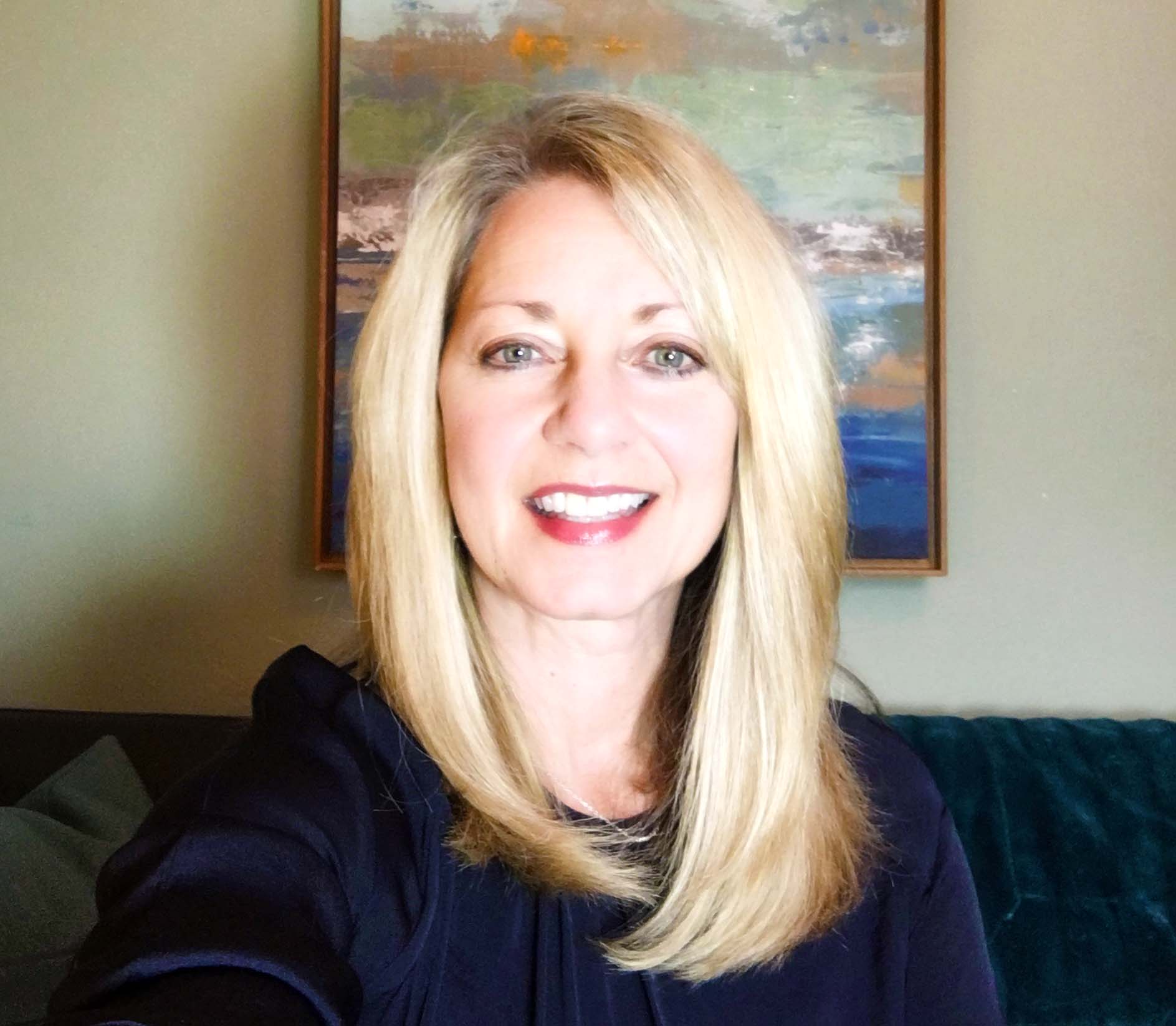 Stress is everywhere. We see it in virtually everyone we come in contact with and we certainly feel it ourselves. It resides outside our bodies in the form of noise, pollution, temperature, physical condition, and family and work pressure. It resides within our bodies as thoughts, emotions, and even in the form of high blood pressure and indigestion.
Stress is everywhere. We see it in virtually everyone we come in contact with and we certainly feel it ourselves. It resides outside our bodies in the form of noise, pollution, temperature, physical condition, and family and work pressure. It resides within our bodies as thoughts, emotions, and even in the form of high blood pressure and indigestion.
In order to manage our stress, we need to understand the amount of control we have over our stress. We need to peel back the layers and expose the complexities of the stress we feel from exterior and interior sources. Stress, and our suffering from it, is highly influenced by how we perceive situations. In other words, it is composed mostly from our beliefs, thoughts, and reactions.
Your Thoughts
Stress in the form of rumination, taking things personally, negative self talk and second guessing one’s self is common and causes great suffering. Some of the most judgmental people are those that judge themselves far too harshly. If one finds themselves in black and white, right or wrong, appropriate v. inappropriate behavior commentary, a mindset adjustment may reduce the stress they feel.
Busyness as a Status Symbol
Popularized in the 80s and continuing to this day, busyness as a status symbol or as a way to find self worth is causing illness related to lack of sleep, poor diet, and brain malfunction. Our brains need rest! Over-scheduling yourself can be dangerous. Driving and multitasking is another temptation that the ‘very busy’ know is wrong, but can’t seem to stop without some type of intervention. To reclaim your life and reduce your stress get sleep, eat right, understand that multitasking is really task switching (and not the most effective way) and stop building our worth on busyness. We are worthy. Period.
Time Management
Hay House author and radio host of Coach on Call Cheryl Richardson describes time management as self-management. This ingenious distinction drives home the fact that we aren’t managing time but ourselves in relation to time, tasks, priorities and achievement. We can allow for focused time to conduct our work and respond to phone calls and emails. We can gain control over stress with a vast array of tools and techniques to regain focused productivity. If stress continues to be unmanageable, creating a life plan of our own design can bring clarity to decisions we need to make to bring a sense of peace and fulfillment. Lao Tzu proclaims that “calm is the master of unrest” in his classic work the Tao te Ching. We can learn to bring a sense of calm to any situation and become the master of the unrest in our lives. Does this mean we are in control over everything? No. In fact, it means the opposite. We are aware that we are not in control of everything, we know we don’t need to be, that we truly only need to be in control of ourselves.
You Can Be the Cure
Jack Canfield, creator of the Chicken Soup for the Soul series, shares his equation E(event) + R(response) = O(outcome) in his book The Success Principles. We control the “R”, our response, in this equation. We can ask ourselves what response could improve or degrade a situation? Stress is felt by you whether you are right or wrong, if your response is indignation, offense, rage. In any given situation by looking at the lessons, feeling our feelings, and acting in ways that alleviate rather than escalate we will reduce stress in our lives. When we problem solve rather than resist and understand we are not the master of everyone else, we gain mastery over stress.
Mindfulness
All too often we are mentally stuck in yesterday’s foibles and tomorrow’s uncertainty. Mindfulness is a way of getting out of stress and into the present moment. At this moment you are where? How do you feel? Physically, what is taking place? Is the sun shining? Is the room warm? ….Are you perfectly fine, but for your thoughts? Perhaps. To be mindful is to observe the present moment non-judgmentally. It is neither good nor bad, but rather just is. Meditation is a proven way to reconnect with our present moment and exercise our brains away from over-thinking.
Here is a list of Do’s and Don’ts to help you reduce the stress in your life in the short term and long term.
DO
- Practice Gratitude. There is so much to be thankful for in life. Spend some time in appreciation each day.
- Examine what needs to be release. When you “let go” – literally (as in too much stuff) and figuratively (as in grudges, worries) – you will feel more relaxed.
- Be flexible. Remember that the brittle branch breaks while the flexible reed bends in the wind.
- Enjoy self-care. Finding ways you rest and re-energize supports your stress hardiness. It sustains you as you operate in your day-to-day life.
- Manifest your peace. If you want more calm and peace, be calm and peaceful. Place your thoughts on calm and peace. Think of what you do want, rather than what you do not want, to attract more of what you desire in your life.
- Allow v. want. We want things to be a certain way, but often we need to allow life to unfold as it should, rather than controlling all the elements which is an impossible scenario.
- Learn to say “no”. We cannot do it all. We cannot please everyone and ourselves at the same time. You may have to disappoint someone with a “no, sorry I can’t but thank you for thinking of me.”
DON’T
- Over-schedule yourself. Manage your time and if you want peace, quiet, and relaxation, it must be scheduled in by you. No one else is truly the creator of your own schedule (although you might feel like it).
- Entertain negative thoughts. While it is common, catching and reversing negative thoughts that do not serve you is an important skill. Do not entertain negative self talk. If you think “I bet the rest of this project will fall apart too.” Counter with “This project has had its setbacks, however we will see where it goes from here.” or “I am confident we will have smooth sailing from here on out.” Even if you have subsequent challenges, your psyche and your energy are far better served when you do not anticipate the worst.
- Take anything personally. Everyone is operating under their own life’s experiences and stress and therefore, coming from their own perspective and not necessarily offending you on purpose. Their actions are driven by their own lives, not by you. Maintain a healthy perspective when looking at the behavior of others.
- Respond with a “resentful yes”. This goes hand in hand with saying no. You cannot please and accommodate everyone. If you are saying yes, and resenting it, it needs to be addressed.
- Try to avoid judging others. It does not serve us and only reinforces an absolute way of being that is not advisable for you to project onto others. It doesn’t mean you approve of everything, but steer clear of being the judge and jury on subjective matters.
By incorporated some of these “dos” and eliminating the “don’ts” your life you can become less stressful and more joyful. Reducing your stress and reclaiming your life begins with you!
In future weeks, we will continue to learn more about mastering our mind, looking inward, and connecting to our truest selves. You are so worth it! Thank you for investing this time in Innerspace. If you are interesting in joining the INNERSPACE Facebook Group we would be happy to welcome you!
_________________________
 Kim Perone, Certified Life Coach at The Center for Clarity, Compassion & Contentment serves clients with one-on-one and group coaching. She can be reached at [email protected], (518) 301-3593.
Kim Perone, Certified Life Coach at The Center for Clarity, Compassion & Contentment serves clients with one-on-one and group coaching. She can be reached at [email protected], (518) 301-3593.
For more information on life coaching and The Center’s activities, visit www.Center4c.com.





